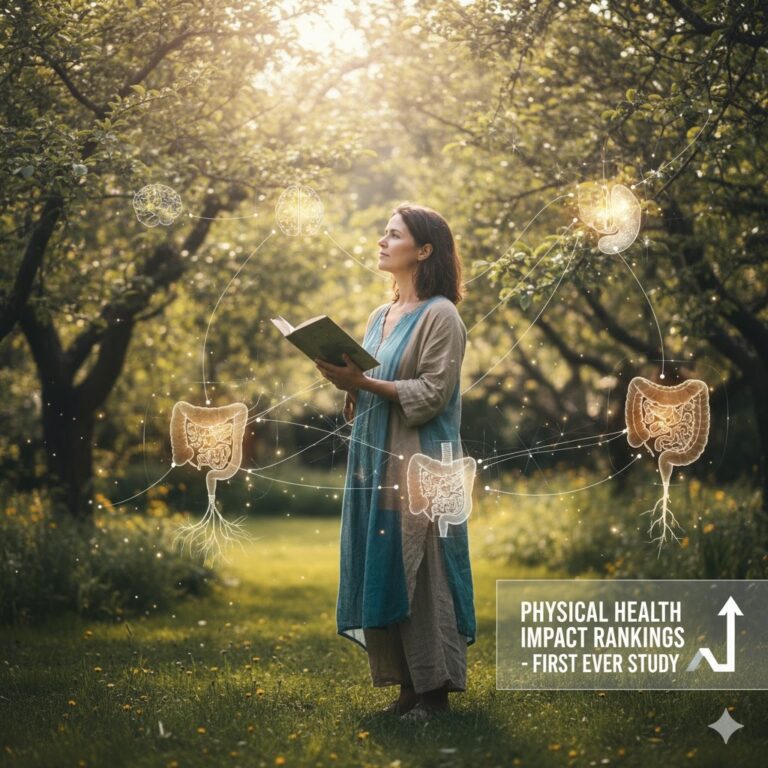
In the digital age, technology has revolutionized almost every aspect of our lives, and mental health care is no exception. From innovative apps to virtual therapy, technology is offering new ways to improve emotional well-being, increase access to care, and improve mental health outcomes. Here, we explore the top 10 ways technology is changing the mental health support and treatment landscape.
1. Mental Health Apps for Self-Help
The rise of mental health apps has given individuals the ability to manage their well-being on their own terms. Apps like Calm, Headspace, and Mood Fit offer tools for mindfulness, meditation, mood tracking, and stress reduction. These platforms are designed to help users regularly engage with their mental health, provide practical techniques to encourage healthy habits and track progress.
These apps are affordable and accessible to anyone with a smartphone, allowing users to incorporate mental health practices into their daily routines without the need for an in-person appointment.
2. Teletherapy and Online Counseling
Virtual therapy, also known as teletherapy, has become increasingly popular in recent years. Platforms like BetterHelp and TalkSpace connect patients with licensed therapists via video calls, chat and phone. This method of counselling makes therapy more accessible to people who may have mobility issues, live in remote areas, or feel uncomfortable with traditional face-to-face therapy.

Teletherapy offers flexibility, allowing people to seek help at their convenience, which is crucial for those who may struggle to fit therapy sessions into their busy schedules. It’s a cost-effective and time-saving solution for many individuals seeking mental health support.
3. Wearable Technology for Mental Health Monitoring
Wearable devices such as smartwatches and fitness trackers are no longer just about physical health; they are also being used to monitor mental well-being. Devices like the Apple Watch and Fitbit now include features that track stress levels, heart rate variability, and sleep patterns—factors that can influence mental health.
Teletherapy offers flexibility, allowing people to receive help at their convenience, which is crucial for those who may struggle to fit therapy sessions into their busy schedules. It is a cost-effective and time-saving solution for many people seeking mental health support.
4. Artificial Intelligence (AI) in Mental Health Diagnosis
Artificial intelligence is starting to play a role in the early detection of mental health conditions. AI-powered chatbots, like Woebot and Wysa, engage users in conversation and provide support by using machine learning to detect signs of anxiety, depression, or stress. These AI tools can help users identify their mental state and suggest coping strategies.
While AI is not a substitute for human therapists, it offers a preliminary form of help and can guide users toward seeking professional care when necessary. AI also has the potential to improve early diagnosis and intervention in mental health conditions.
5. Virtual Reality Therapy
Virtual reality (VR) is an emerging technology with significant potential in mental health treatment, particularly for conditions such as anxiety, phobias, and PTSD. VR therapy allows individuals to immerse themselves in a virtual environment where they can confront and manage their fears in a controlled and safe environment.

For example, someone with a fear of public speaking can practice in front of a virtual audience, gradually building up their confidence. VR therapy has shown promising results in reducing anxiety and improving emotional resilience.
6. Online Support Communities
Technology has made it easier than ever to connect with others experiencing similar mental health challenges. Online support groups and forums provide a safe space where individuals can share their experiences, seek advice, and offer encouragement. Websites like Reddit’s mental health subgroups and platforms like 7 Cups connect users with peers and trained listeners for support.
These communities help reduce the stigma surrounding mental health issues by fostering openness and understanding. For many, being part of an online community can provide a sense of belonging and validation.
7. Digital Cognitive Behavioral Therapy (CBT)
Cognitive Behavioral Therapy (CBT) is one of the most effective treatments for mental health conditions such as anxiety and depression. With the advent of digital CBT, individuals can access therapeutic content online through interactive programs.
Platforms such as MoodGYM and SilverCloud deliver structured CBT programs that guide users through exercises to challenge negative thought patterns and develop healthier coping mechanisms. Digital CBT provides access to evidence-based treatment at a lower cost and with greater flexibility than traditional therapy sessions.
8. Crisis Intervention via Text Messaging Services
In times of crisis, reaching out for help can be difficult, but technology is making it easier. Crisis text lines such as Crisis Text Line (USA) and Shout (UK) offer real-time support through SMS or online messaging. These services provide immediate assistance from trained volunteers who can help users navigate emotional distress.
Text messaging provides a sense of anonymity and allows people to seek help discreetly, which can be especially important for individuals in vulnerable situations.
9. Remote Monitoring for Severe Mental Health Conditions
For individuals with severe mental health conditions such as schizophrenia or bipolar disorder, technology can help monitor symptoms remotely. Digital platforms like MyMind and the Schizophrenia Health Monitoring app allow patients to log their symptoms and share data with healthcare providers, who can track their mental state in real-time.
Remote monitoring helps ensure that patients receive timely intervention when needed, improving overall treatment outcomes and reducing the risk of hospitalisation.
Top 10 Ways Technology is Improving Mental Health
Technology has revolutionized nearly every aspect of our lives in the digital age, and mental health care is no exception. From innovative apps to virtual therapy, technology is offering new ways to support emotional well-being, enhance access to care, and improve mental health outcomes. Here, we explore the top 10 ways technology is transforming the landscape of mental health support and treatment.
FAQs
1. How can I access mental health apps?
Mental health apps are available for download on most app stores (iOS and Android). Popular apps include Calm, Headspace, and Moodfit, which offer various tools for mindfulness and stress management.
2. Is teletherapy effective for treating mental health conditions?
Yes, teletherapy is effective for treating various mental health conditions such as anxiety, depression, and stress. Platforms like BetterHelp and Talkspace provide access to licensed therapists remotely.
3. Can wearable technology accurately monitor mental health?
Wearable devices can track indicators related to mental health, such as stress levels and sleep patterns. While they provide useful insights, it’s important to consult with a healthcare professional for a comprehensive assessment.
4. What is digital CBT?
Digital Cognitive Behavioral Therapy (CBT) is an online form of therapy that uses structured programs to help users challenge negative thought patterns and develop healthier coping strategies. Popular platforms include MoodGYM and SilverCloud.
5. Are AI chatbots as effective as human therapists?
AI chatbots like Woebot and Wysa offer initial support and coping strategies, but they are not a replacement for human therapists. They are best used as a supplement to professional care.
By integrating these technologies into your daily life, you can access mental health care more conveniently and effectively than ever before. From mental health apps to teletherapy, these tools are making it easier for people to take control of their mental well-being and seek the help they need.
Example: “Learn more about the best mental health apps here.







